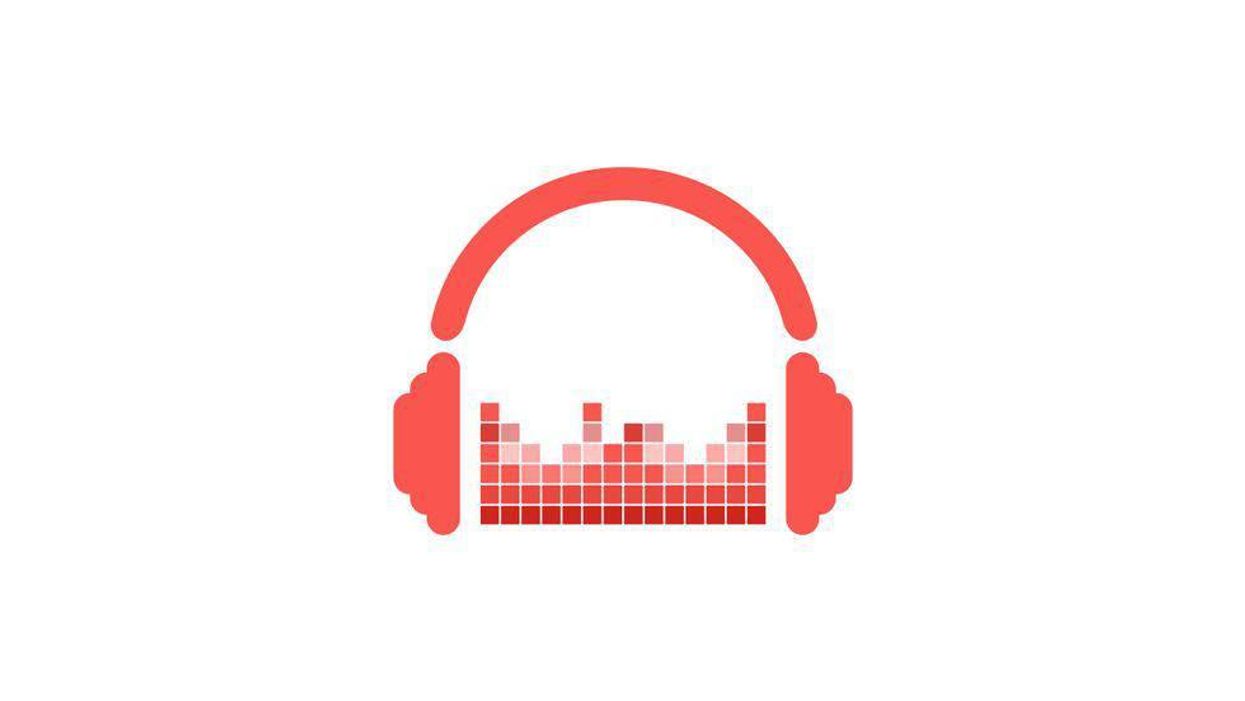Journalist Ashley Ahearn lived in Seattle, covering climate change and environment for NPR, and most of her friends and colleagues were liberals. But in 2018 she moved to one of the state's most conservative counties. What did Ahern learn from such a dramatic shift?
In this episode of the "How Do We Fix It?" podcast, solutions journalists Richard Davies and Jim Meigs learn about the rural-urban divide in America, and what Ahearn discovered about following her move. The discussion also includes a segment on differing views of land and climate based on where people live.





















